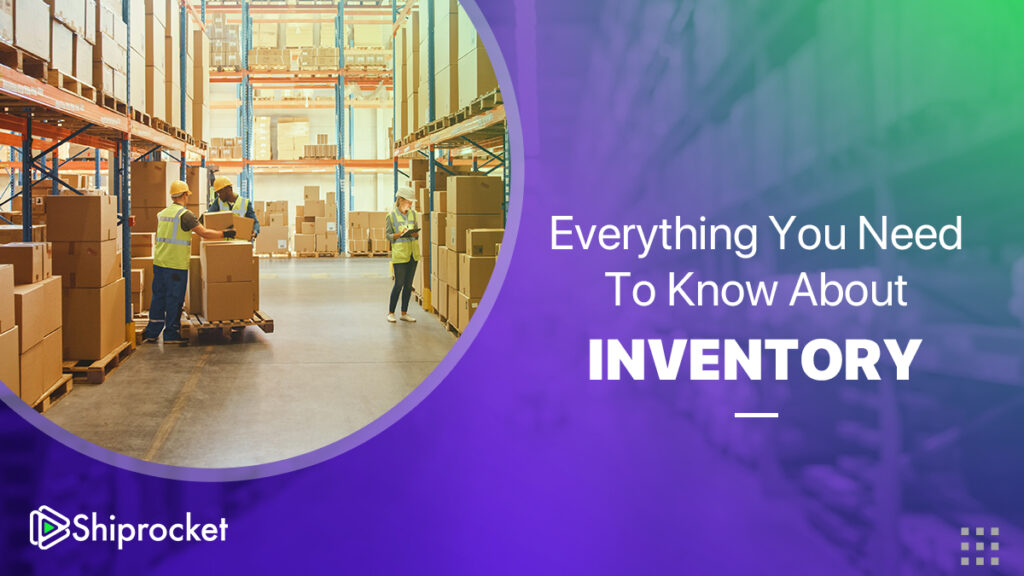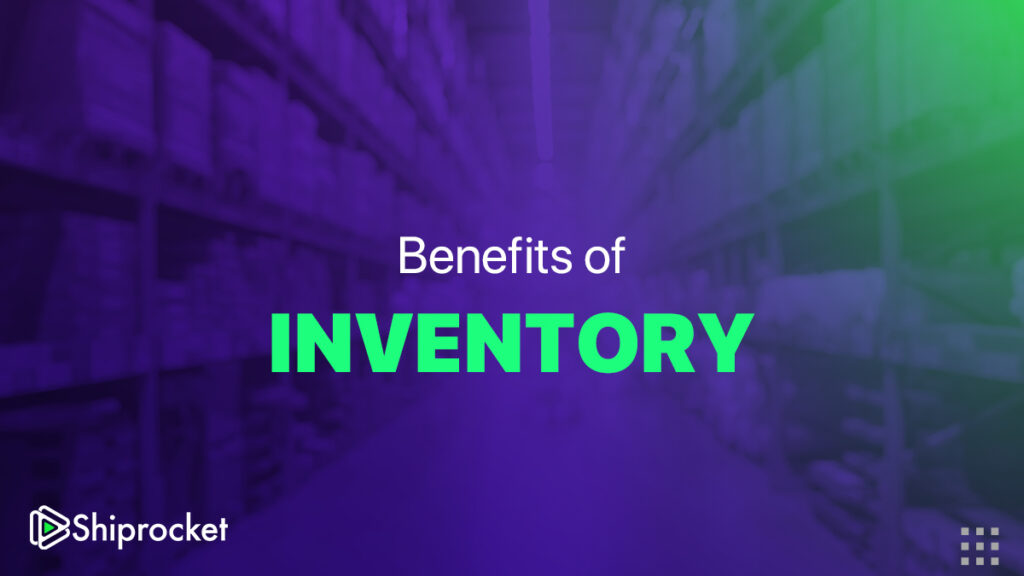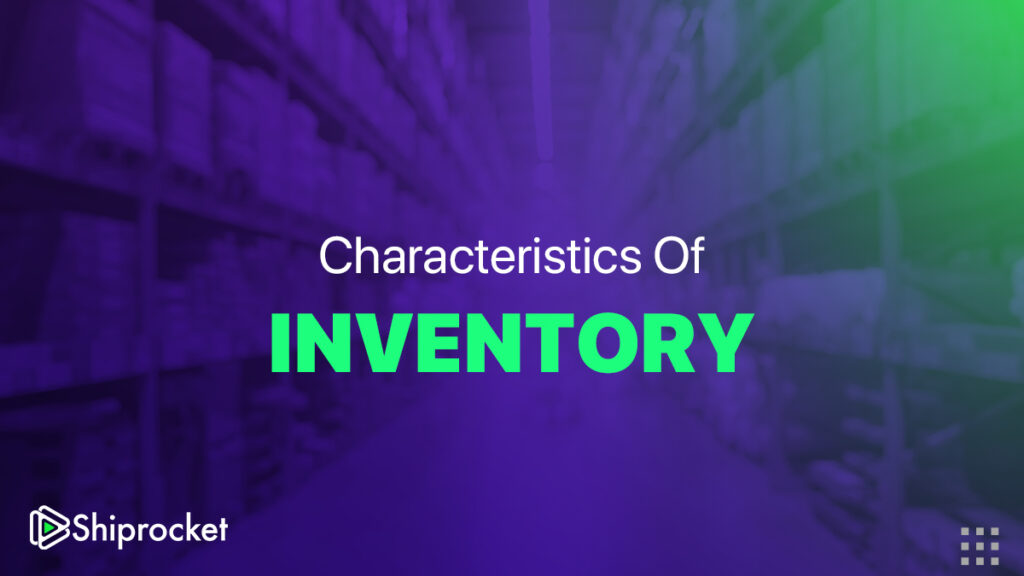What is Inventory? Types, Characteristics & Management
Managing inventory in stock is vital for business accountancy. Accounting goods, products, and raw materials are known as inventory. All products and items in the manufacturing and processing stages are referred to as inventory. Businesses use inventory management to ensure they have enough goods on hand and spot when there is a shortfall.

For most businesses, inventory is a significant asset on the balance sheet; however, having too much inventory can turn it into a problem.
Inventory is the process of classifying or numbering items. It relates to the various manufacturing levels and is a valuable collection of assets in accounts. Every business’s balance sheet includes an essential source for inventory. Both manufacturers and wholesalers/businesses can contribute to the production or sale of goods with the availability of stocks.
How Does an Inventory Work?
A company’s inventory is a valuable resource. During a business’ regular working cycle, raw materials and resources needed to make completed goods are kept in inventory. There are several methods of inventory control and management: bulk shipments, ABC inventory management, back ordering, Just in Time (JIT), consignment, dropshipping and cross-docking, cycle counting & inventory kitting.
Inventory is a vital asset on a company’s balance sheet. Between production and completed items, it serves as a bridge. The COGS, or cost of goods sold, is notified after an inventory sale by sending its carrying cost or income statement.
Benefits of Inventory Management

Resource efficiency is one of inventory management’s primary advantages. Inventory management aims to avoid the buildup of dead inventories that are not being utilised. By doing this, the business may avoid squandering money and space. Inventory management is also called inventory control, but these terms do have slightly different focuses.
Additionally, inventory control has been shown to:
- Correctly place orders and time supply shipments.
- Stop product theft and loss.
- Manage seasonal products throughout the year.
- Take care of unforeseen changes in demand or the market.
- Ensure the most effective use of resources.
- Using facts from the current world improves sales methods.
Types of Inventory
There are three types of inventory:
- Raw Materials: The key ingredients required to make the finished good are known as raw materials.
- Work In Progress: Products still being produced on the manufacturing floor are considered work-in-process inventory.
- Finished Goods: Finished goods are items that have reached their full potential and are prepared for sale. The concept of inventory control is essential to corporate management. A business must ensure the right products are available at the right time.
Characteristics of Inventory

- Inventories work as dampers. This protects against shocks caused by demand/supply changes. It isolates various industrial operations from one another and makes them autonomous so that each process may be carried out economically.
- It has a motivational effect on decision-making and upkeeps a clean and profitable production flow.
- Businesses could be encouraged to buy more if inventories are exhibited in large quantities. This creates a motivating influence on decision and policy-making.
- Inventory enables economies of production. It maintains a streamlined and efficient production flow, keeping the process active at all times.
Conclusion
Proper inventory may make or break a business. Their success depends on being able to see and manage the stock at any given time. Decision-makers must utilize the correct tools to manage their inventory efficiently. Distinguishing the ideal balance between supply and demand throughout your inventory makes a difference in how your business performs.





